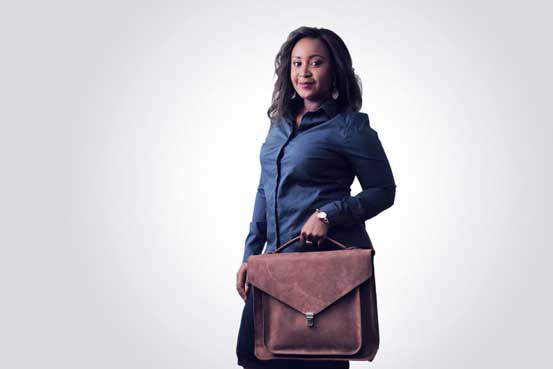×
The Standard e-Paper
Fearless, Trusted News

NAIROBI, KENYA: Mercy Kyallo first decided to try her hand at business when she was 16.
She was, however, unaware of the rough and tumble ride awaiting her. She was young, inexperienced and still in high school, but wasn’t going to let a fear of the unknown stop her. Mercy wanted to grow broccoli in her family’s farm in Ongata Rongai.